CLINICAL LABORATORY MICROBIOLOGIST PROGRAM
Join Our First Hybrid Program and Become Eligible to Take the American Society of Clinical Pathology (ASCP) Technologist in Microbiology Exam
To meet the demand for trained medical laboratory professionals with training in microbiology, the University of Florida Department of Microbiology & Cell Science launched a Clinical Laboratory Microbiologist (CLM) Graduate Certificate Program. Our department’s first hybrid program, the CLM graduate certificate combines online lectures, a hands-on clinical microbiology lab course and a clinical internship at various healthcare sites. The in-person lab course will simulate real-world clinical microbiology routines, using state-of-the-art equipment.
Students will gain practical experience and become eligible to take the Technologist in Microbiology exam administered by the American Society of Clinical Pathology (ASCP) Board of Certification (BOC). ASCP certification is required to be licensed to work in a clinical laboratory by Florida and many other states.
Students can combine their graduate certificate with a Master of Science (34-36 credits) or choose to earn a graduate certificate only (18 credits).

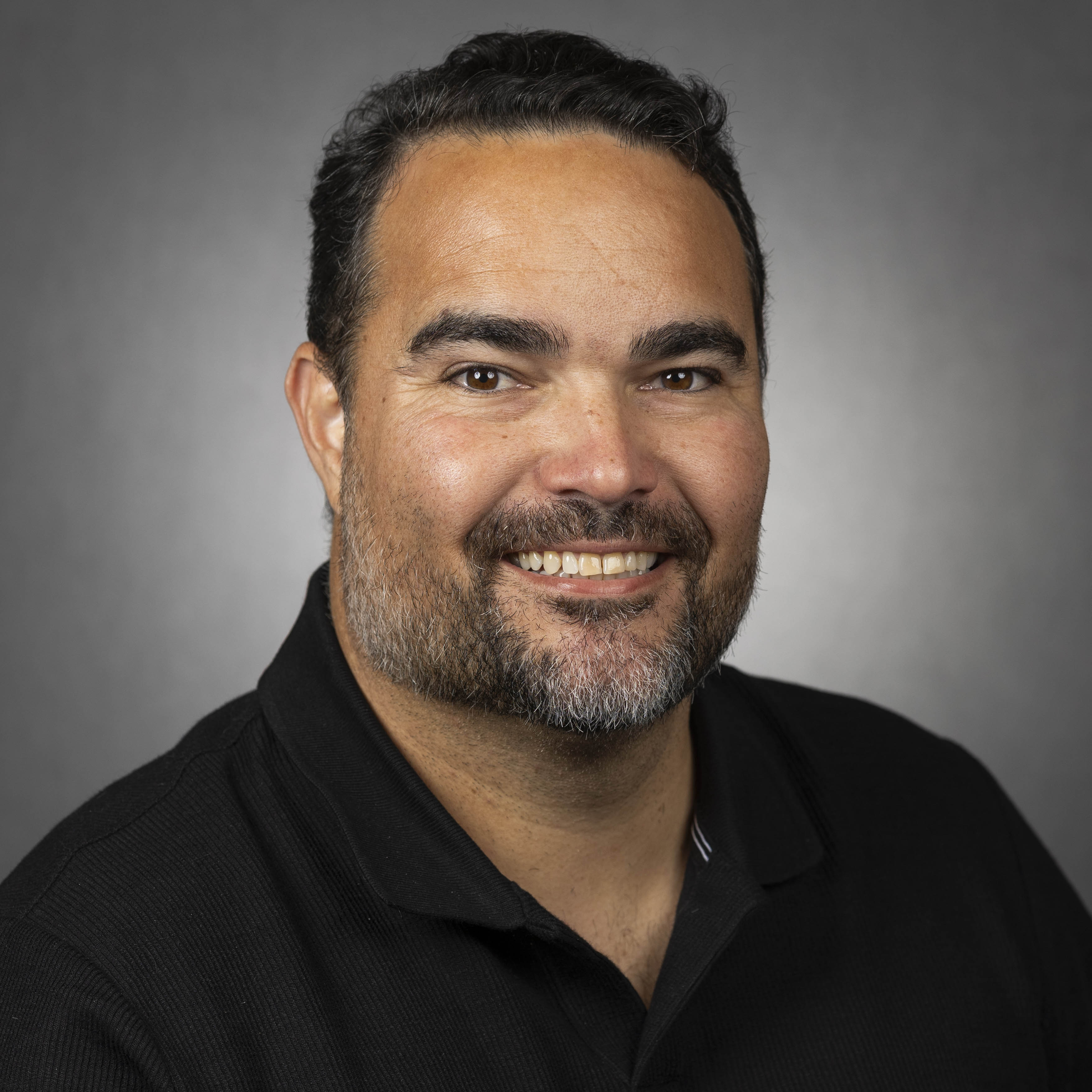
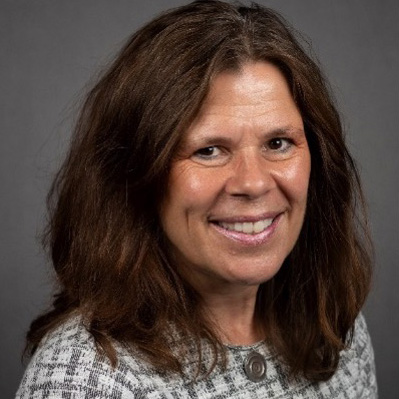

.png)
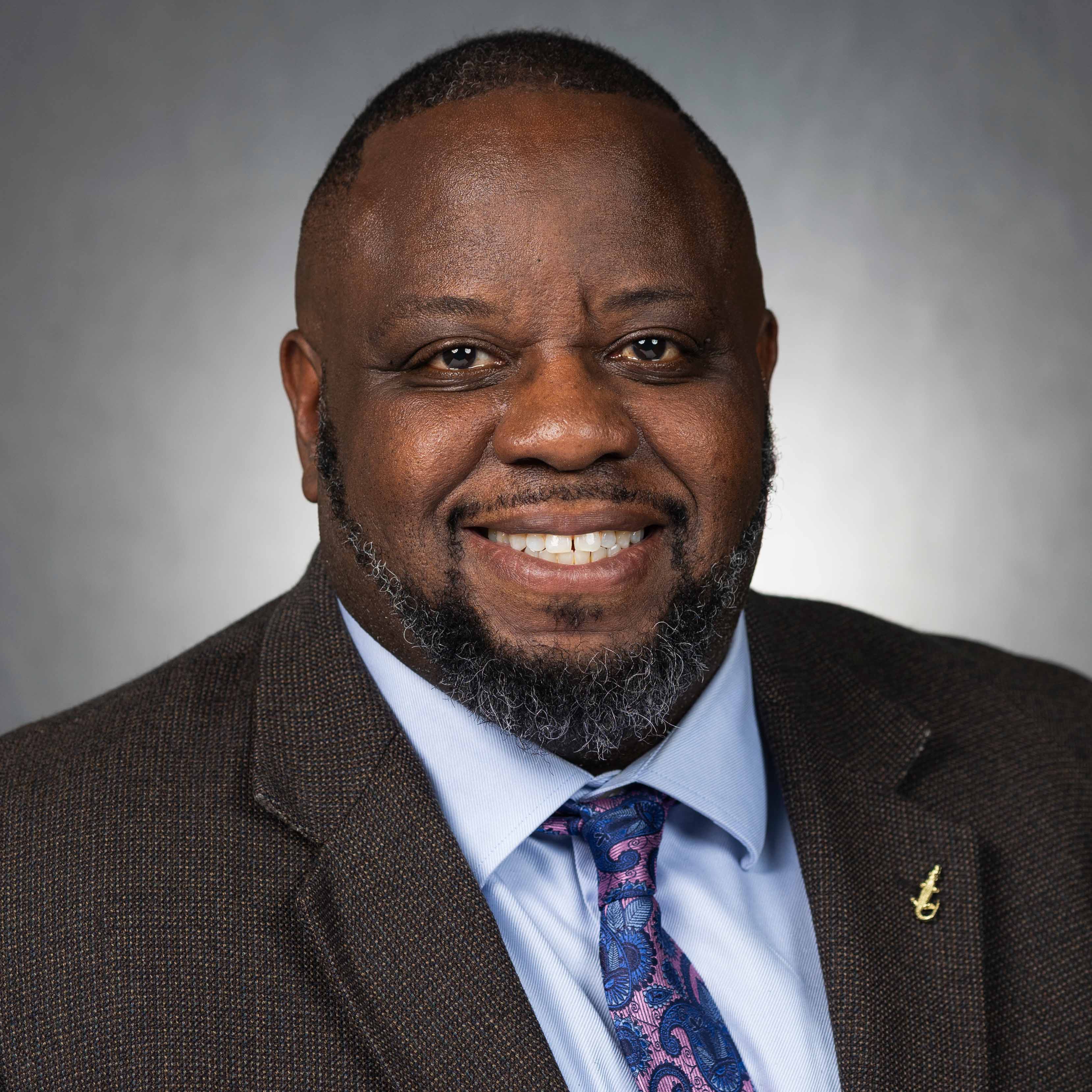
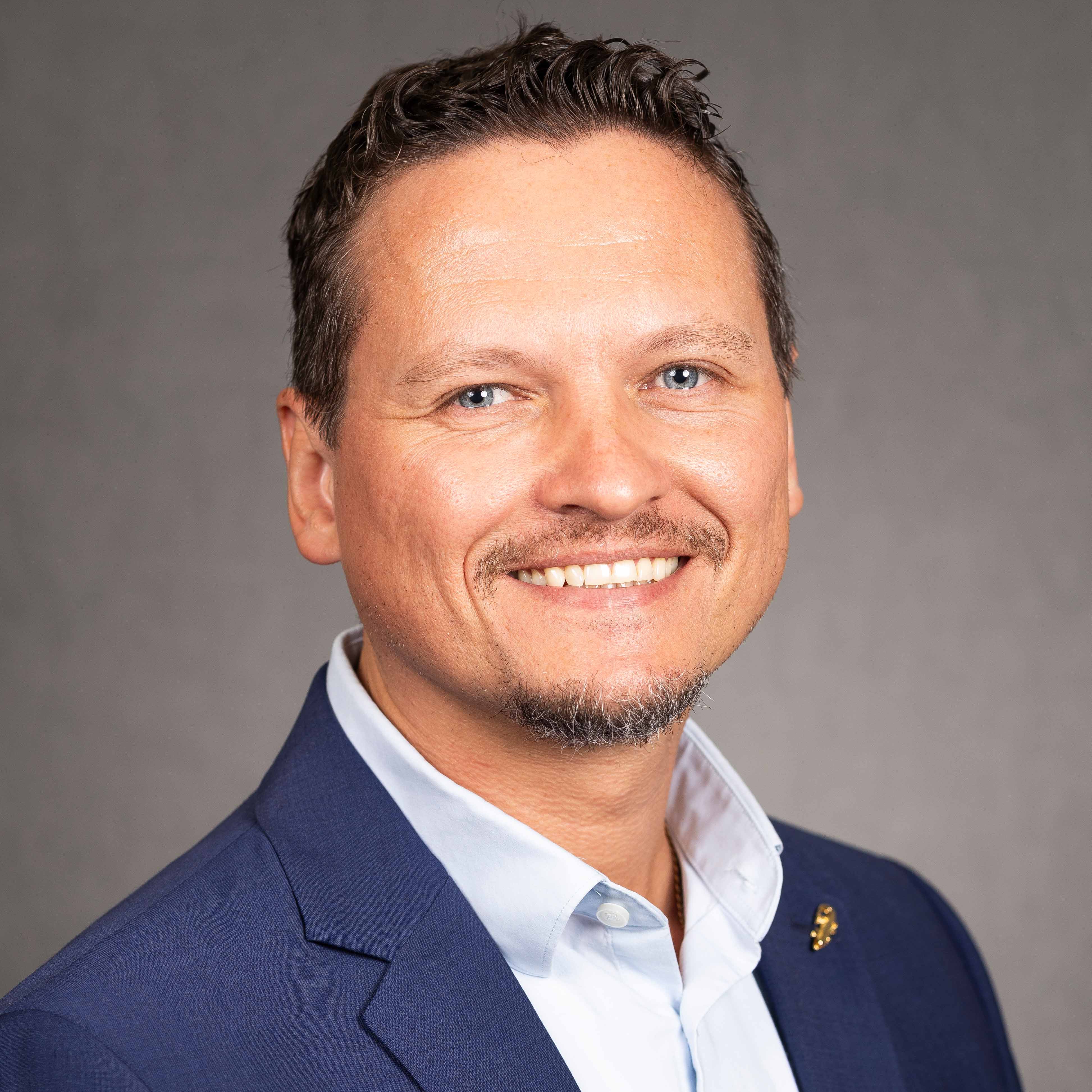

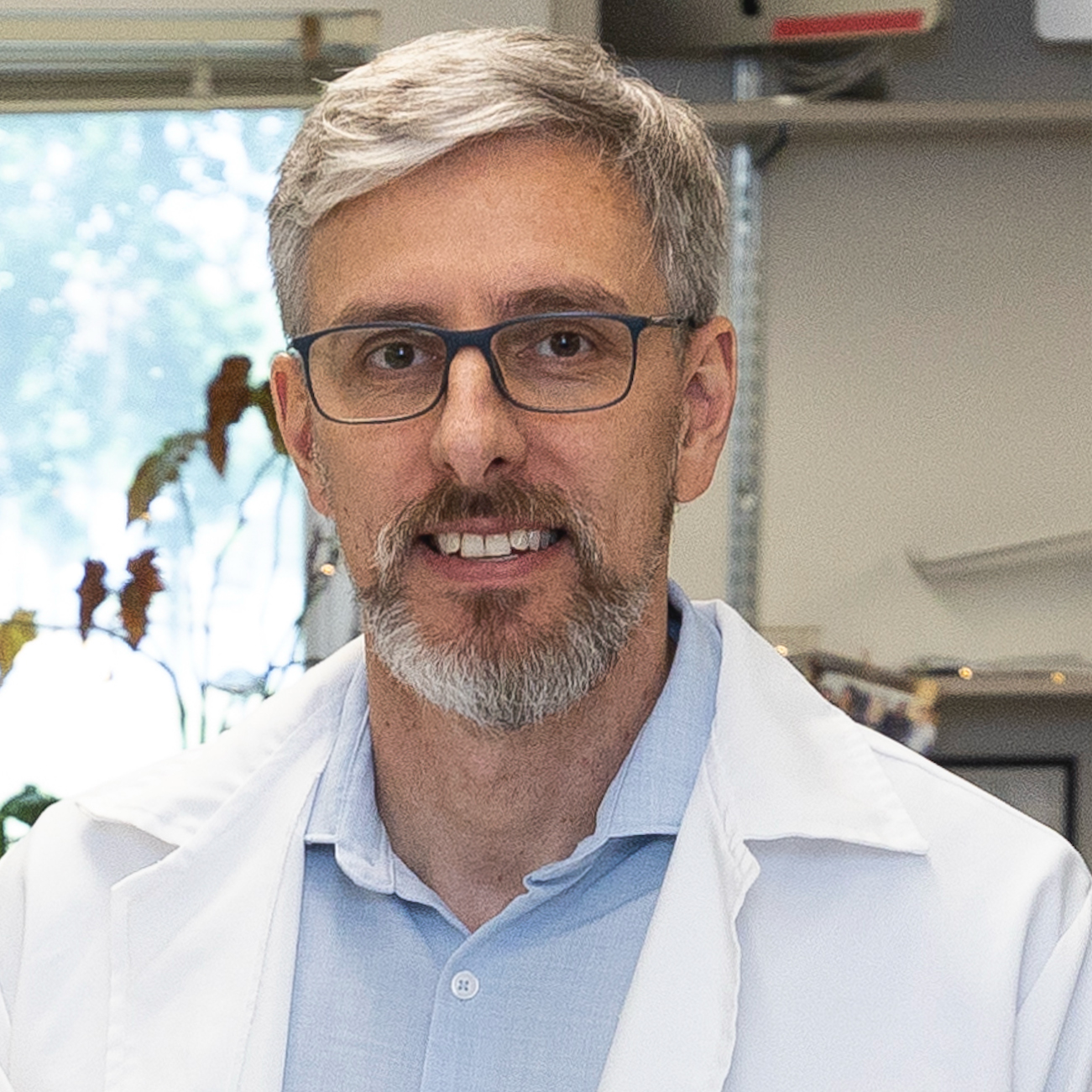
-1.png)
